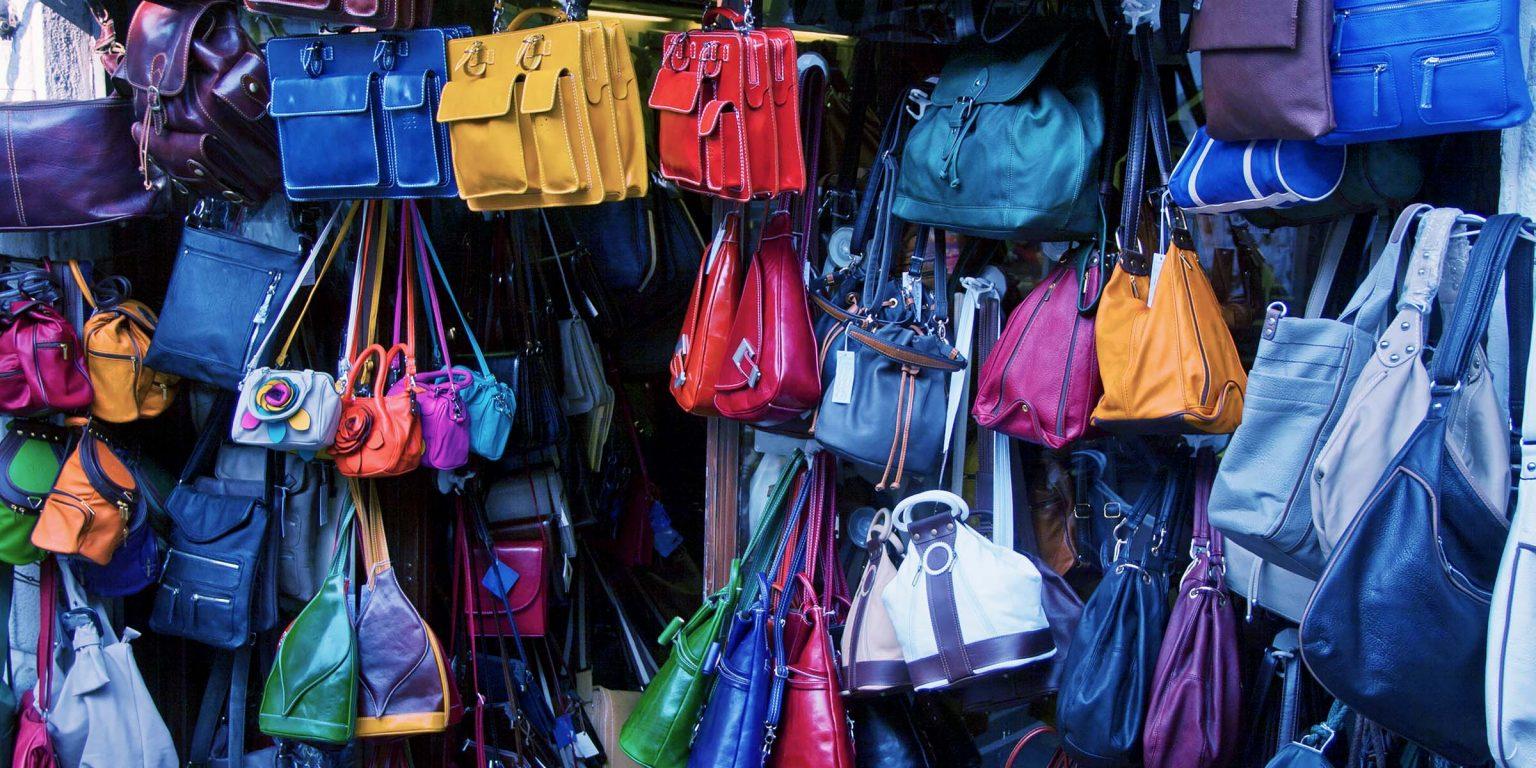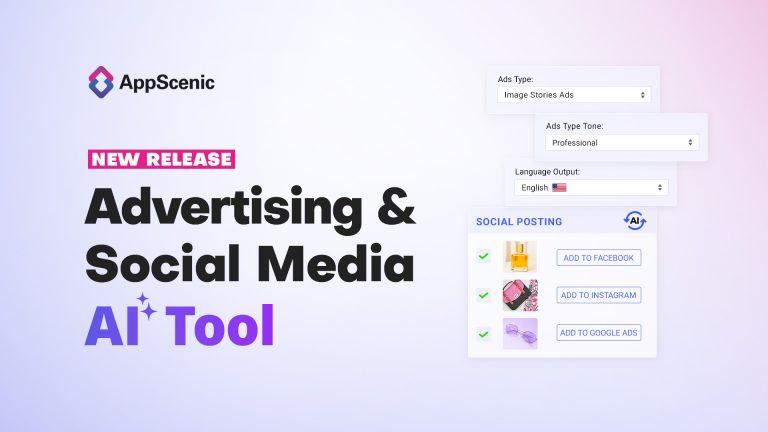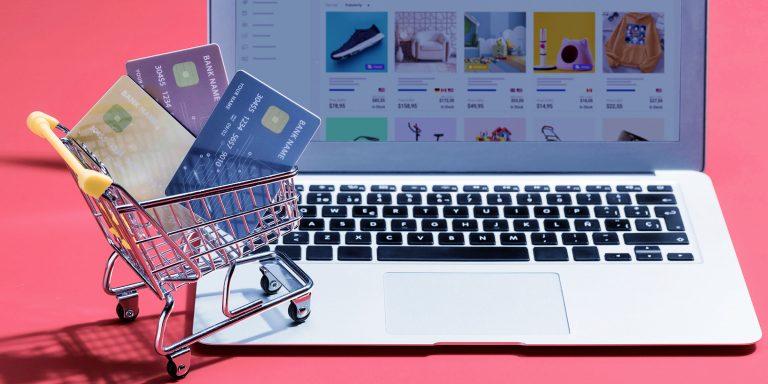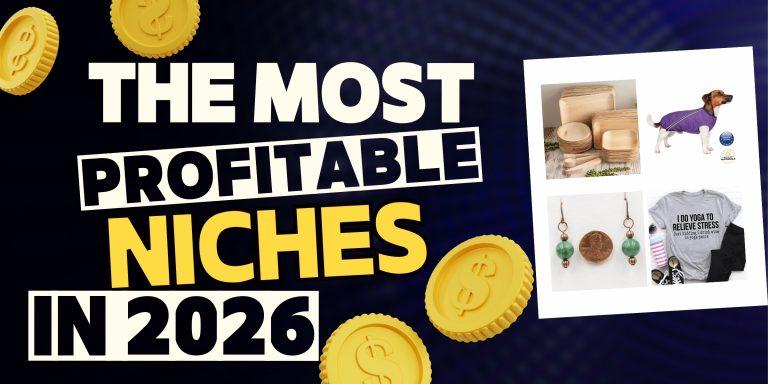For most entrepreneurs out there, dropshipping can seem like a dream come true. You get to run an ecommerce business without the hassle of maintaining inventory or handling shipping logistics. It does sound like a dream, right?!?
But there is a significant threat hiding in the shadows of this dreamy setup: counterfeit goods. Dealing with counterfeit products can ruin your reputation, lead to legal troubles, and destroy customer trust.
So, how can you handle the world of counterfeit goods in dropshipping? Read on to learn about strategies for identifying fake products to protect your business against them.
Table of Contents
The allure and danger of dropshipping
Most newbies choose dropshipping for its simplicity. You market the products, take the orders, and let the suppliers handle the rest. But this convenience comes with its own set of risks. One of the most significant threats or dark sides is selling counterfeit goods. Counterfeit products are not only illegal but can also severely damage your brand’s reputation and customer trust.
The hidden threat
Imagine this: You’ve found a supplier offering what seems to be a fantastic deal on branded electronics. The prices are too good to pass up, and you quickly list the products on your site. Orders start pouring in, and everything seems perfect.
But then, the complaints start. Customers receive items that are clearly not genuine. Some are furious, demanding refunds, while others post on their social media their disappointment. Your once-promising business is now facing a crisis.
Unfortunately, this scenario is all too common in the dropshipping world. The internet is filled with suppliers, many of whom offer counterfeit goods disguised as genuine products. It’s a cautionary tale that every dropshipper should know and stay away from.
Understanding counterfeit goods
What are counterfeit goods?
Counterfeit goods are fake products that imitate genuine items. These knock-offs are typically sold at a fraction of the price of the real ones, luring unsuspecting retailers into thinking they’ve found the deal of their life. However, these products have often bad quality and fail to meet safety standards.
The impact of selling counterfeit goods
As you can imagine, selling counterfeit goods can have devastating consequences. Firstly, it’s illegal. You could face legal action from the original brand owners, leading to huge fines and even the shutdown of your business.
Secondly, counterfeit products can harm your customers, both financially and physically. Faulty electronics, for example, could pose serious safety risks. Lastly, selling fake goods will damage your customers’ trust. Once your customers realize they’ve been fooled, they’re unlikely to return, and they might leave negative reviews that push away any future buyers.
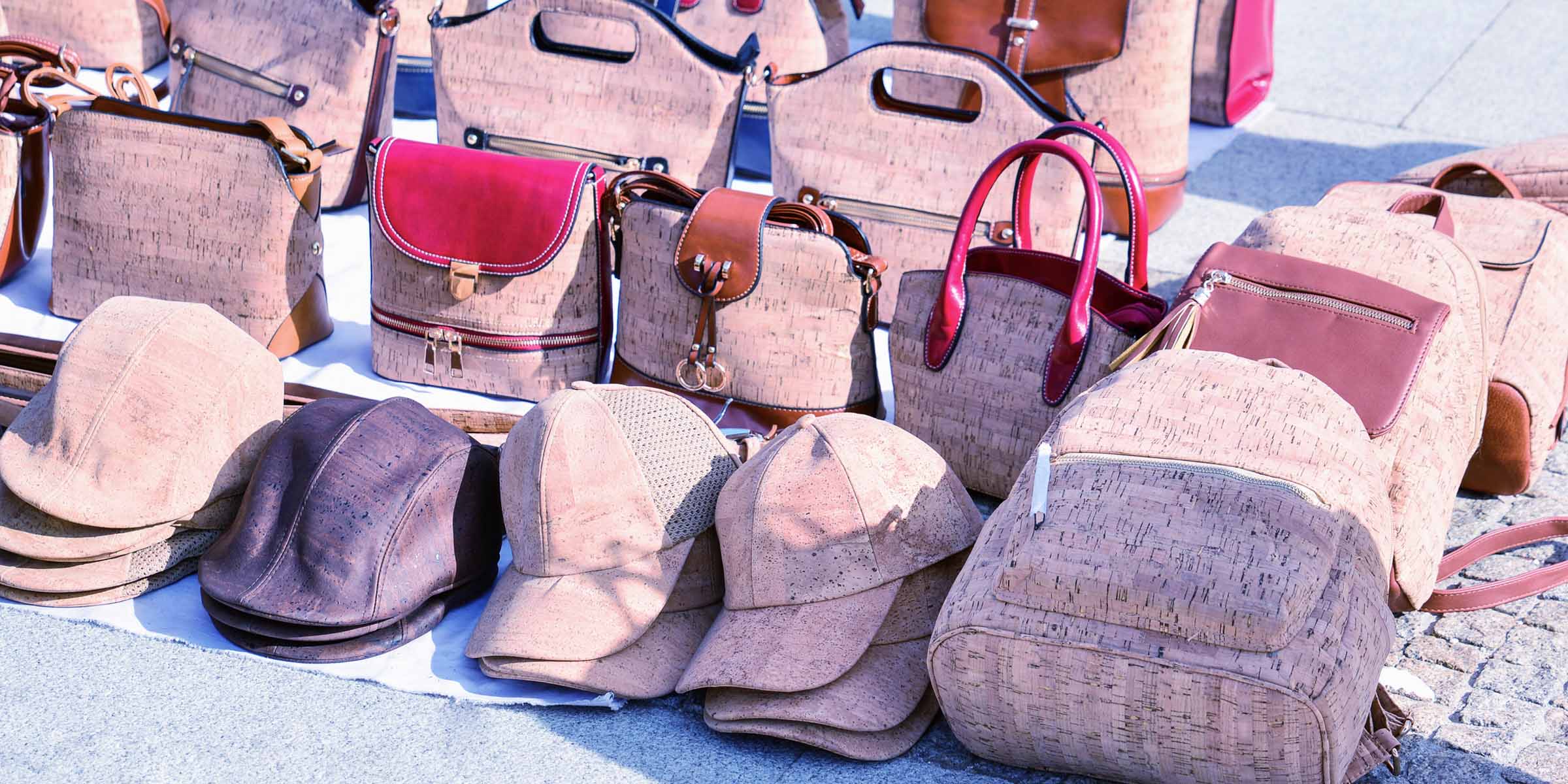
How to identify and avoid counterfeit suppliers
Do your homework
One of the best ways to avoid counterfeit goods is to thoroughly research and vet your suppliers. This means going beyond a quick glance at their website. Look for reviews and testimonials from other businesses. Check if the supplier is listed on reputable directories or has any industry certifications.
Of course, you can also choose to work with a dropshipping platform like AppScenic that does the work of vetting reliable suppliers for you. We actually recommend going for such platforms if you don’t have a trustworthy supplier as the products there come only from suppliers who follow strict high-quality standards.
Read more: Top 5 things to consider before getting a dropshipping supplier
Ask for proof
Don’t be afraid to ask potential suppliers for proof of authenticity. Legitimate suppliers should be able to provide documentation that their products are genuine. This might include invoices from the original manufacturers or certificates of authenticity. This is a crucial step to make sure you’re getting what you’re promised.
Order product samples
Before committing to a bulk order or even start selling those products in your store, request samples of the products. This allows you to inspect the quality and authenticity firsthand. If a supplier is reluctant to provide samples, consider it a red flag.
Use reliable marketplaces
As we said already choose reputable marketplaces and dropshipping platforms known for their strict vetting processes. Platforms like ours have verification processes to help identify legitimate suppliers. However, if you choose Alibaba or eBay, exercise caution and do your homework.
How to build a trustworthy brand in dropshipping
Transparency is key
Being transparent with your customers can build trust and protect your brand. To do that, make sure you state your policies regarding product authenticity and returns. If you’re confident in your products, offer a money-back guarantee if they’re found to be counterfeit.
Educate your customers
Help your customers understand what to look for when identifying genuine products. Provide guides or resources on your website that highlight the differences between real and fake items. Educating your customers not only builds trust but also empowers them to make informed purchasing decisions.
Monitor feedback
Regularly monitor customer feedback and reviews. If you notice lots of complaints about product authenticity, make sure you address them immediately. Reach out to dissatisfied customers, offer refunds or replacements, and investigate the source of the problem. Being proactive shows your commitment to quality and customer satisfaction.
How to deal with counterfeit issues
Act fast
If you discover that you’ve unknowingly sold counterfeit goods, act swiftly. Stop selling the affected products immediately and notify your customers. Offer refunds or replacements and apologize for the inconvenience. Taking responsibility and rectifying the situation can mitigate some of the damage to your reputation.
Review your supplier relationships
If counterfeit goods have slipped through, it’s time to reassess your supplier relationships too. Cut ties with any suppliers found to be selling fake products and redouble your efforts to vet new suppliers thoroughly. Strengthening your supply chain is essential to prevent future issues.
Take legal action
Consider taking legal action against suppliers who have sold these counterfeit goods. So, consult with a legal professional to understand your options. And, while this can be a lengthy and costly process, it might be necessary to protect your business and recover some of your losses.
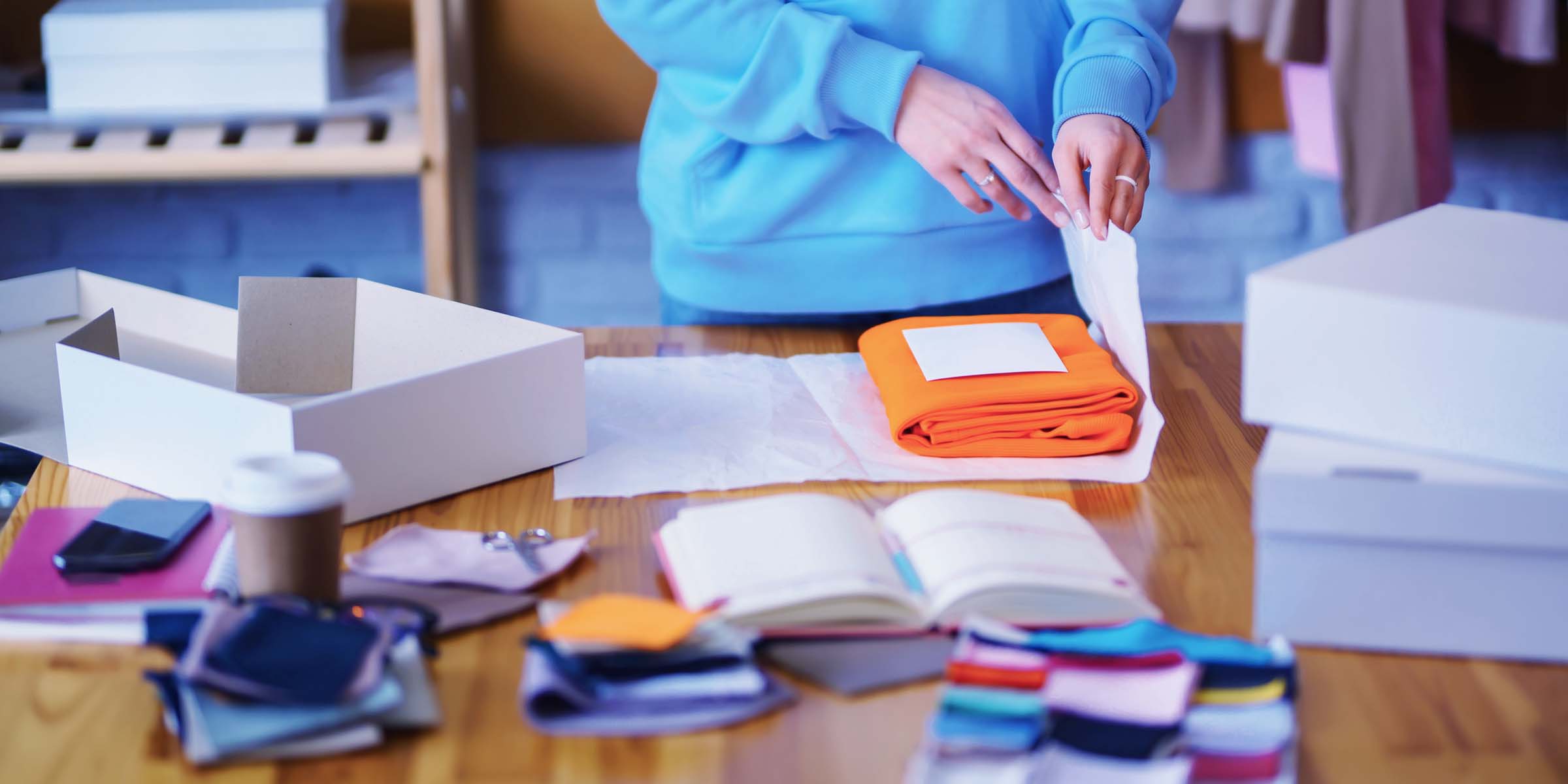
Case study: A dropshipping business overcoming counterfeit challenges
Now, let’s look at a hypothetical case study to illustrate all these points we just discussed. For the sake of this case study, we will call the dropshipping business EcoFriendlyGadgets.
The problem
EcoFriendlyGadgets is a dropshipping business specializing in environmentally friendly electronics. They found a new supplier offering popular branded solar chargers at unbeatable prices. However, soon after adding these products to their store, they started receiving complaints from customers about the chargers’ poor quality. It became evident that the products were counterfeit.
The response
Immediately, EcoFriendlyGadgets took these next steps:
- Ceased Sales: They immediately stopped selling the counterfeit chargers.
- Notified Customers: They informed affected customers, apologized, and offered full refunds or genuine replacements.
- Supplier Investigation: They cut ties with the fraudulent supplier and launched a thorough review of their other suppliers.
- Enhanced Vetting: They implemented stricter supplier vetting processes, including demanding proof of authenticity and ordering samples.
- Customer Education: They added a section to their website educating customers on how to spot genuine products and their commitment to quality.
The outcome
While the incident initially hurt their brand reputation, EcoFriendlyGadgets’ fast and transparent response helped rebuild customer trust. Their enhanced supplier vetting processes prevented future counterfeit issues, and their commitment to educating customers reinforced their brand’s reliability.
Conclusion
As you can see, counterfeit goods in dropshipping can pose a significant risk that can undermine your business. By thoroughly vetting suppliers, being transparent with your customers, and acting swiftly when issues arise, you can protect your brand and maintain customer trust.
Read next: Tips for selecting a web developer for your dropshipping website


